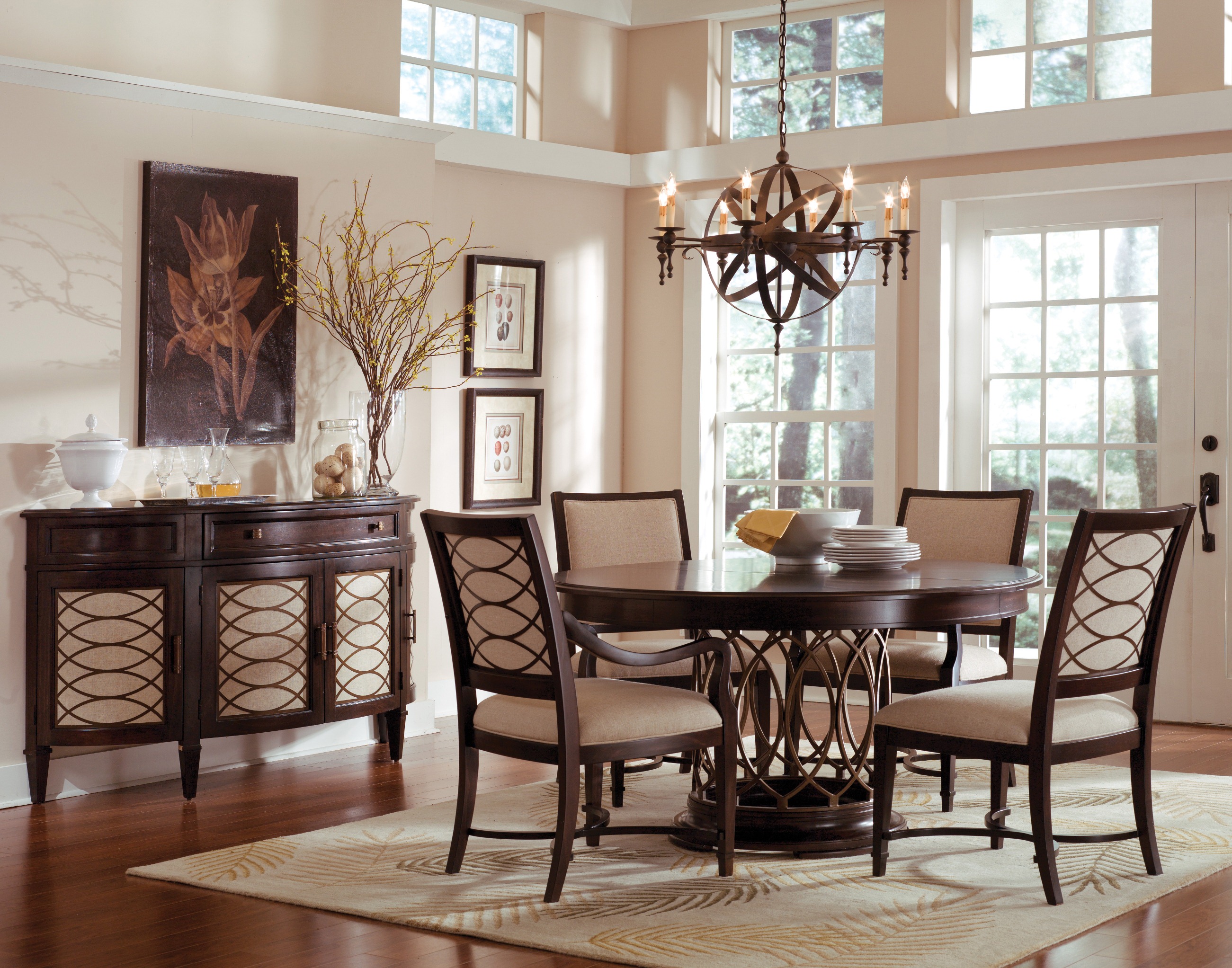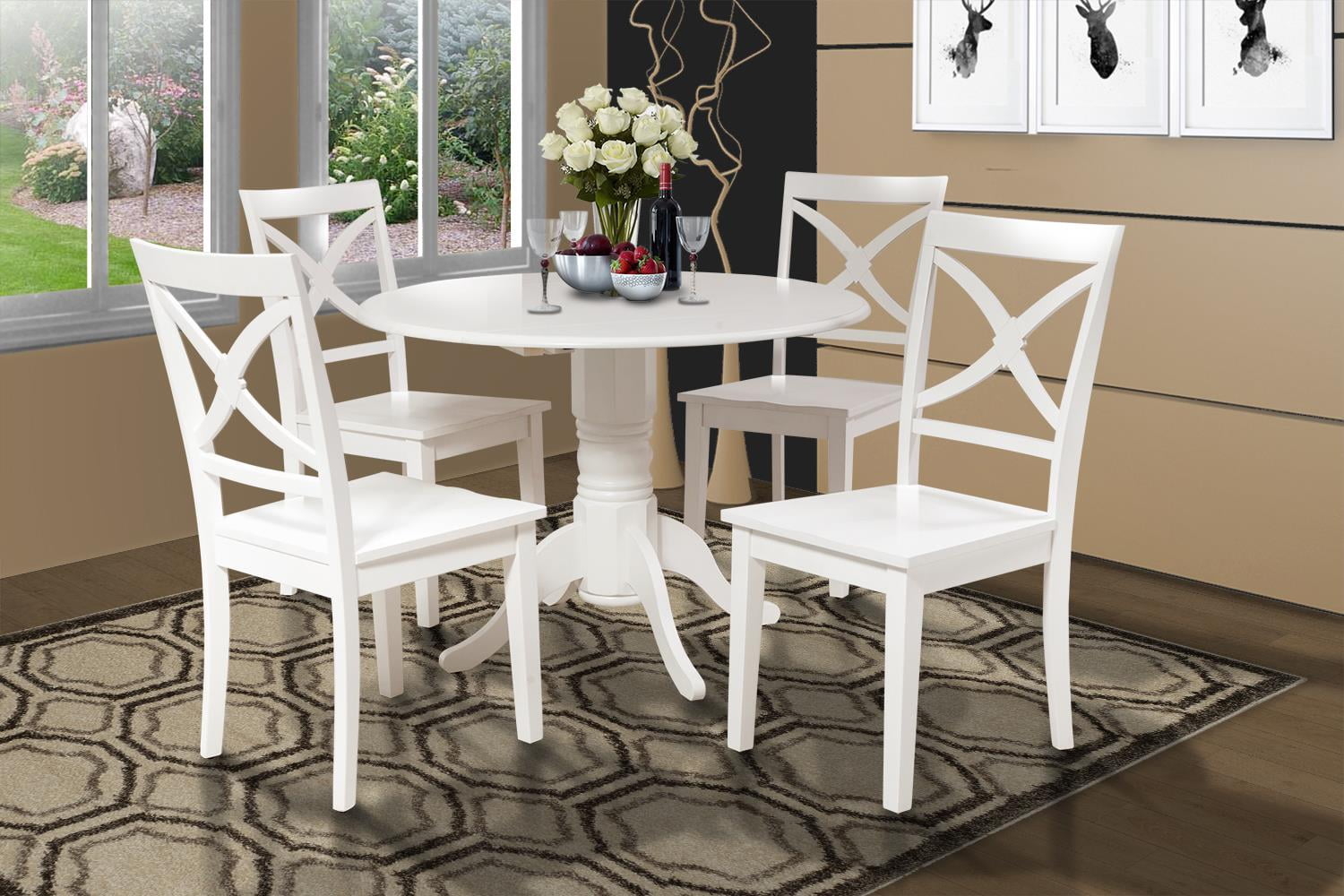Feng Shui Dining Room Tips
Incorporating feng shui into your dining room can create a harmonious and inviting space for family and guests. Follow these feng shui dining room tips to enhance the flow of energy and create a positive atmosphere in your home.
First and foremost, decluttering is key in feng shui. Keep your dining room clean and free of unnecessary items to allow for the smooth flow of energy. This will also help create a sense of spaciousness and calmness in the room.
Next, choose a round or oval dining table over a square or rectangular one. According to feng shui principles, round tables promote inclusivity and encourage conversation, while square or rectangular tables can create a sense of division or conflict.
When it comes to decor, opt for natural elements such as wood, stone, and plants. These materials are believed to foster a connection to nature and promote a sense of grounding in the dining room. Avoid placing mirrors in the dining room, as they are thought to disrupt the flow of energy.
Formal Dining Room Design Ideas
For those who prefer a more traditional and elegant dining space, a formal dining room may be the perfect choice. Here are some design ideas to help you create a beautiful and sophisticated formal dining room.
Choose a color scheme that reflects your personal style and complements the rest of your home decor. Soft, neutral tones can create a calming and inviting atmosphere, while bold colors can add a touch of drama and sophistication. Consider incorporating metallic accents for a touch of glamour.
Invest in quality furniture such as a large dining table and comfortable chairs. A chandelier or statement light fixture can also add a touch of elegance to the room. Don't be afraid to mix and match different styles and textures for a unique and eclectic look.
When it comes to table settings, keep it simple and elegant. Use high-quality dinnerware and flatware, and add a pop of color with a tablecloth or napkins. Fresh flowers or a centerpiece can also add a beautiful touch to the table.
How to Create a Feng Shui Dining Room
If you're looking to incorporate feng shui principles into your dining room, here are some simple steps to help you create a harmonious and balanced space.
Start with the basics - declutter, clean, and organize your dining room. This will help create a clear and open space for positive energy to flow.
Choose a dining table and chairs that are proportionate to the room and leave enough space for comfortable movement around the table. Avoid placing the dining table against a wall, as this is believed to create a sense of separation and restrict the flow of energy.
When it comes to color, consider the five feng shui elements - wood, fire, earth, metal, and water - and choose colors that represent these elements. For example, green for wood, red for fire, and earthy tones for earth. Balancing these elements in your dining room can create a sense of harmony and balance.
Formal Dining Room Decor
Adding the right decor can elevate your formal dining room and create a welcoming and elegant space for entertaining. Here are some decor ideas to consider.
Add a touch of nature - incorporate plants or fresh flowers into your dining room decor. Not only do they add a pop of color, but they can also help purify the air and promote a sense of well-being.
Choose artwork or wall decor that reflects your personal style and adds visual interest to the room. A statement piece, such as a large painting or sculpture, can serve as a focal point and add personality to the space.
Lighting is crucial in a formal dining room. Consider installing a dimmer switch to adjust the lighting according to the mood and occasion. A chandelier or pendant light can also add a touch of elegance to the room.
Feng Shui Dining Room Colors
Color plays a significant role in feng shui, as it is believed to affect the flow of energy in a space. Here are some feng shui dining room colors to consider.
Green represents the wood element and is associated with growth, balance, and harmony. Use it in your dining room decor with plants, artwork, or as an accent color.
Red is associated with the fire element and is believed to bring luck, passion, and vitality. Use it sparingly in your dining room, such as in a piece of artwork or as a pop of color in your table setting.
Yellow is associated with the earth element and is believed to promote stability, grounding, and nourishment. Use it in your dining room with natural materials, such as wood or stone, or as an accent color in your decor.
Formal Dining Room Furniture
The right furniture can make all the difference in a formal dining room. Here are some key furniture pieces to consider.
Dining table and chairs - choose a dining table and chairs that are not only aesthetically pleasing but also comfortable. Remember to leave enough space for movement around the table and consider opting for a round or oval table for a more inclusive and harmonious dining experience.
Sideboard or buffet table - a sideboard or buffet table can serve as both functional storage and a decorative piece in your formal dining room. Use it to display your dinnerware or as a serving space during meals.
Bar cart - a bar cart can add a touch of sophistication and convenience to your formal dining room. Stock it with your favorite drinks and glassware for easy access during meals or gatherings.
Feng Shui Dining Room Layout
Creating a functional and balanced layout is essential in feng shui. Here are some tips for arranging your dining room in a way that promotes positive energy flow.
Leave enough space around the dining table - according to feng shui principles, there should be at least three feet of space around the dining table. This allows for comfortable movement and promotes a sense of inclusivity and harmony.
Position the dining table near a window - natural light is believed to be a source of positive energy in feng shui. Placing the dining table near a window allows for natural light to enter the room and create a sense of openness and warmth.
Consider the placement of the dining room entrance - avoid placing the dining room entrance directly facing the dining table, as this is believed to create a sense of unease and disrupt the flow of energy. Instead, position the entrance to the side of the table or at an angle.
Formal Dining Room Lighting
The right lighting can transform a formal dining room and create a warm and inviting atmosphere. Here are some tips for choosing the right lighting for your space.
Chandelier or pendant light - a chandelier or pendant light can add a touch of elegance and serve as a focal point in your dining room. Opt for a dimmer switch to adjust the lighting according to the occasion and create a cozy atmosphere.
Wall sconces or table lamps - these lighting options can add ambient light and create a more intimate dining experience. Consider using candles for a soft and romantic glow.
Natural light - as mentioned before, natural light is highly valued in feng shui. Consider installing sheer curtains or blinds to allow for natural light to enter the room while still maintaining privacy.
Feng Shui Dining Room Table
The dining table is the centerpiece of any dining room and plays a crucial role in feng shui. Here are some tips for choosing and arranging your dining table for positive energy flow.
Choose a dining table made of natural materials - wood, stone, or glass tables are all great options that promote a connection to nature and create a sense of grounding in the space.
Keep the dining table clutter-free - avoid using the dining table as a storage space for mail, keys, or other items. This disrupts the flow of energy and can create a sense of chaos in the room.
Arrange the table setting mindfully - according to feng shui principles, the placement of each item on the dining table is essential. Avoid placing sharp objects, such as knives or forks, facing each other, as this is believed to create conflict or tension. Keep the table setting simple and elegant, with enough space for each person to feel comfortable.
Formal Dining Room Etiquette
Last but not least, it's essential to consider proper dining etiquette when hosting a formal dinner. Here are some tips to keep in mind.
Seating arrangement - according to traditional etiquette, the host and hostess should sit at opposite ends of the table, with the most prominent guests seated on either side. The remaining guests should be seated in order of importance.
Napkin placement - when sitting down to eat, place your napkin on your lap. If you need to leave the table during the meal, place your napkin on your chair to indicate that you will return. When finished, place your napkin to the left of your plate.
Utensil usage - start with the utensils on the outside and work your way in. The dessert spoon and fork are typically placed above the plate or brought out with dessert.
The Importance of a Feng Shui Formal Dining Room in House Design

Creating a Harmonious Space
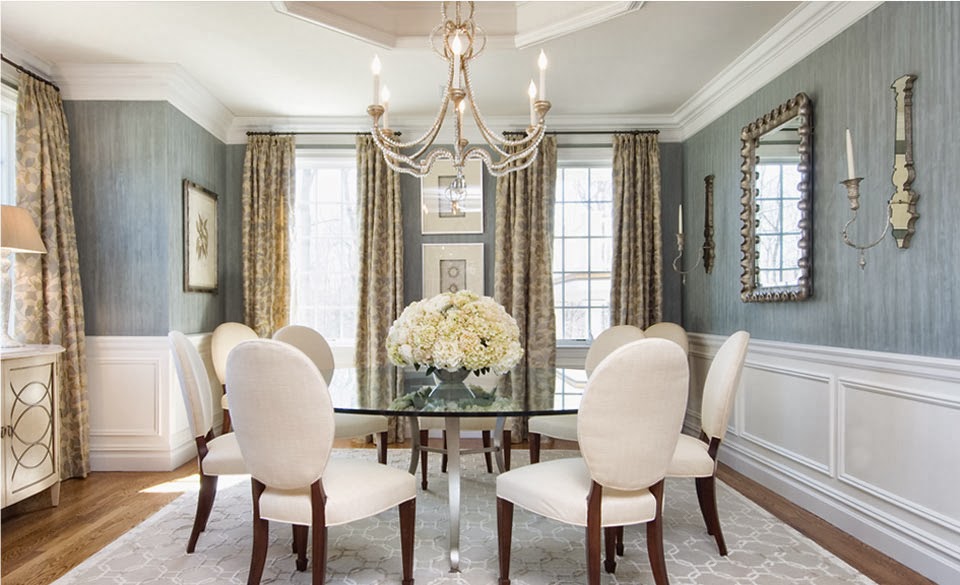 In the world of interior design,
feng shui
has become a popular concept for creating a harmonious and balanced living space. This ancient Chinese practice focuses on arranging and organizing a room to create a flow of positive energy, also known as
qi
. When it comes to the formal dining room,
feng shui
principles can be applied to not only enhance the overall design, but also promote a sense of well-being and abundance during meals.
In the world of interior design,
feng shui
has become a popular concept for creating a harmonious and balanced living space. This ancient Chinese practice focuses on arranging and organizing a room to create a flow of positive energy, also known as
qi
. When it comes to the formal dining room,
feng shui
principles can be applied to not only enhance the overall design, but also promote a sense of well-being and abundance during meals.
The Placement of the Dining Table
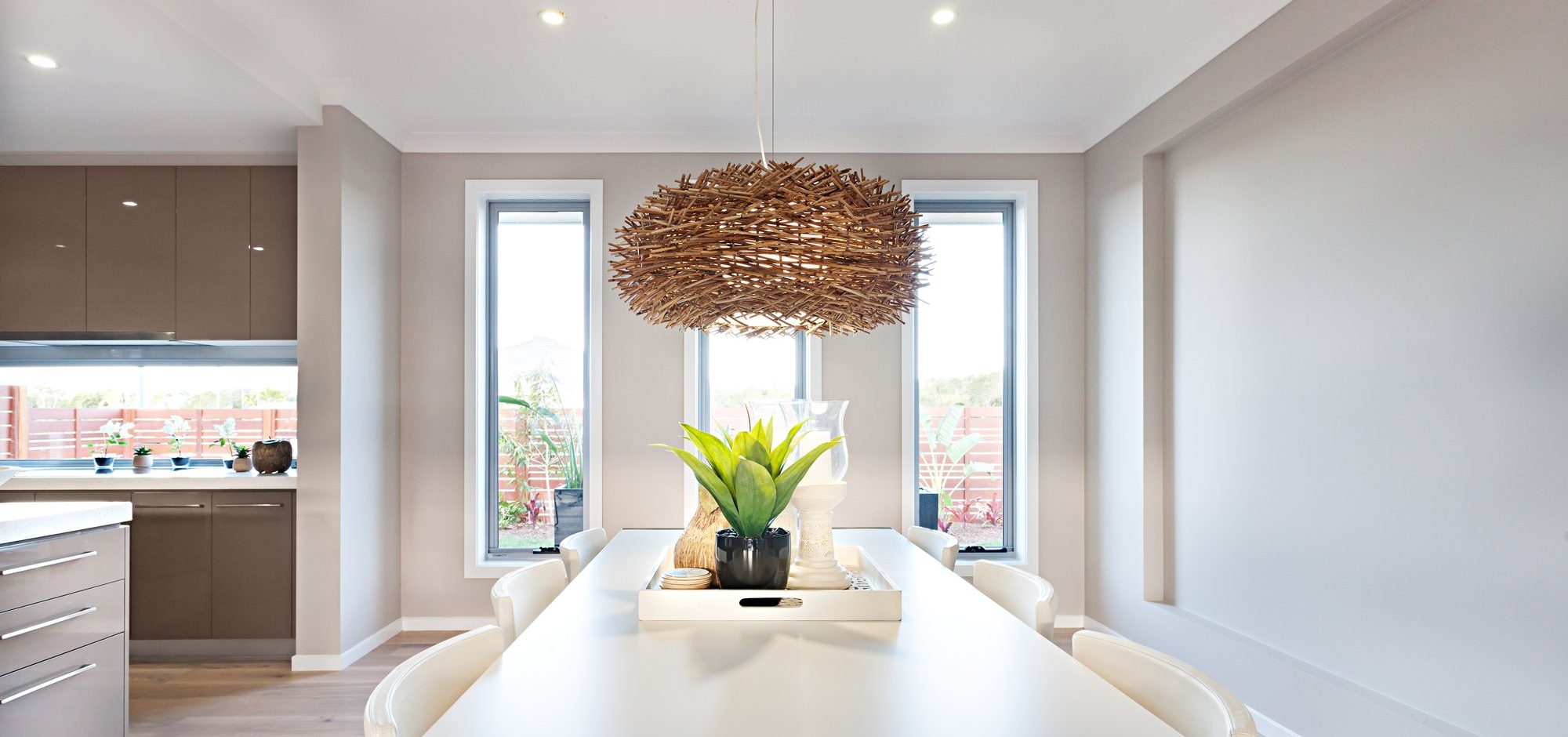 According to
feng shui
, the placement of the dining table is crucial for a
feng shui
formal dining room. The table should be positioned in the center of the room, allowing for equal space around it. This signifies equality and inclusivity among family members or guests. Additionally, the dining table should not be placed directly under a beam or chandelier, as this can create a feeling of pressure and discomfort.
According to
feng shui
, the placement of the dining table is crucial for a
feng shui
formal dining room. The table should be positioned in the center of the room, allowing for equal space around it. This signifies equality and inclusivity among family members or guests. Additionally, the dining table should not be placed directly under a beam or chandelier, as this can create a feeling of pressure and discomfort.
The Elements of Nature
 In
feng shui
, incorporating the five elements of nature - wood, fire, earth, metal, and water - is essential for creating balance and harmony in a room. These elements can be represented through colors, textures, and materials in the formal dining room. For example, wood can be represented through a wooden dining table or chairs, while fire can be incorporated through a lit candle or a piece of artwork with warm tones.
In
feng shui
, incorporating the five elements of nature - wood, fire, earth, metal, and water - is essential for creating balance and harmony in a room. These elements can be represented through colors, textures, and materials in the formal dining room. For example, wood can be represented through a wooden dining table or chairs, while fire can be incorporated through a lit candle or a piece of artwork with warm tones.
The Importance of Lighting
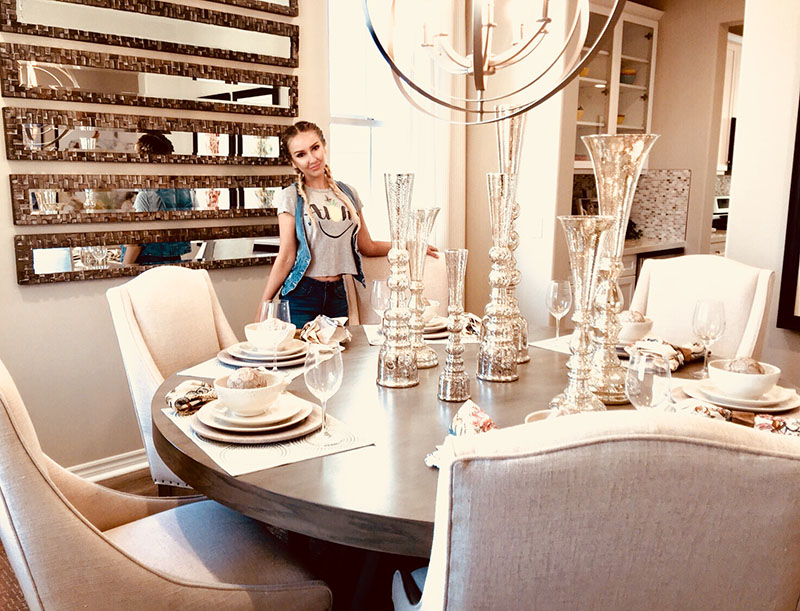 Lighting plays a crucial role in
feng shui
as it represents energy and vitality. In a formal dining room, it is important to have a mix of natural and artificial lighting. Natural light brings in positive energy, while dimmer lighting can create a more intimate and relaxed atmosphere. Avoid harsh overhead lighting and opt for softer, indirect lighting instead.
Lighting plays a crucial role in
feng shui
as it represents energy and vitality. In a formal dining room, it is important to have a mix of natural and artificial lighting. Natural light brings in positive energy, while dimmer lighting can create a more intimate and relaxed atmosphere. Avoid harsh overhead lighting and opt for softer, indirect lighting instead.
The Power of Mirrors
 In
feng shui
, mirrors are believed to reflect and amplify energy. Placing a mirror in the dining room can create the illusion of a larger space and reflect the abundance of food on the table. However, it is important to avoid placing a mirror directly opposite the dining table, as this can cause a sense of unease during meals.
In
feng shui
, mirrors are believed to reflect and amplify energy. Placing a mirror in the dining room can create the illusion of a larger space and reflect the abundance of food on the table. However, it is important to avoid placing a mirror directly opposite the dining table, as this can cause a sense of unease during meals.
Conclusion
 Incorporating
feng shui
principles into the design of a formal dining room can not only enhance the aesthetic, but also promote a sense of balance, harmony, and abundance. By considering the placement of furniture, incorporating the five elements of nature, and utilizing the power of lighting and mirrors, one can create a
feng shui
formal dining room that not only looks beautiful, but also feels welcoming and nourishing.
Incorporating
feng shui
principles into the design of a formal dining room can not only enhance the aesthetic, but also promote a sense of balance, harmony, and abundance. By considering the placement of furniture, incorporating the five elements of nature, and utilizing the power of lighting and mirrors, one can create a
feng shui
formal dining room that not only looks beautiful, but also feels welcoming and nourishing.



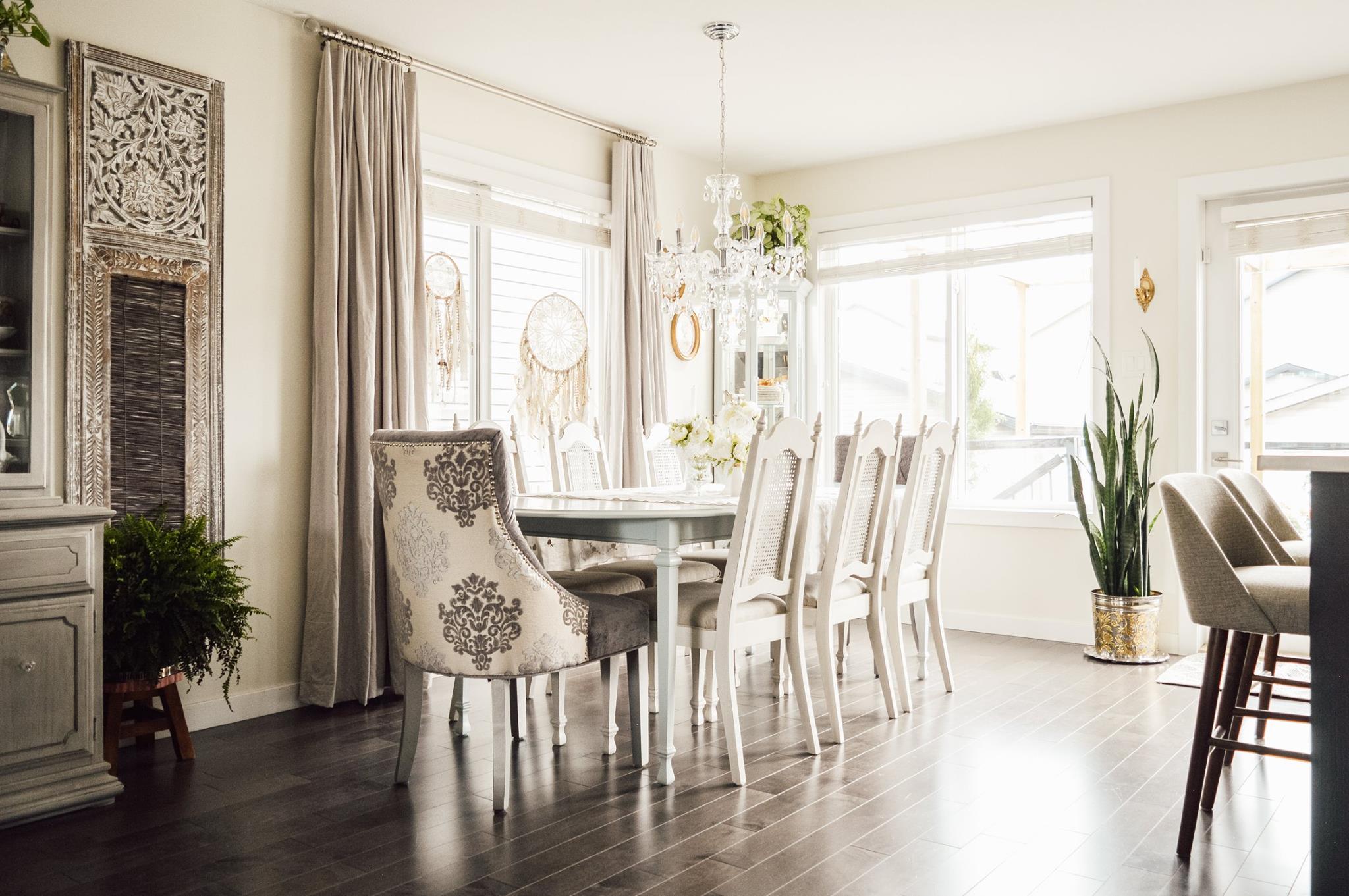
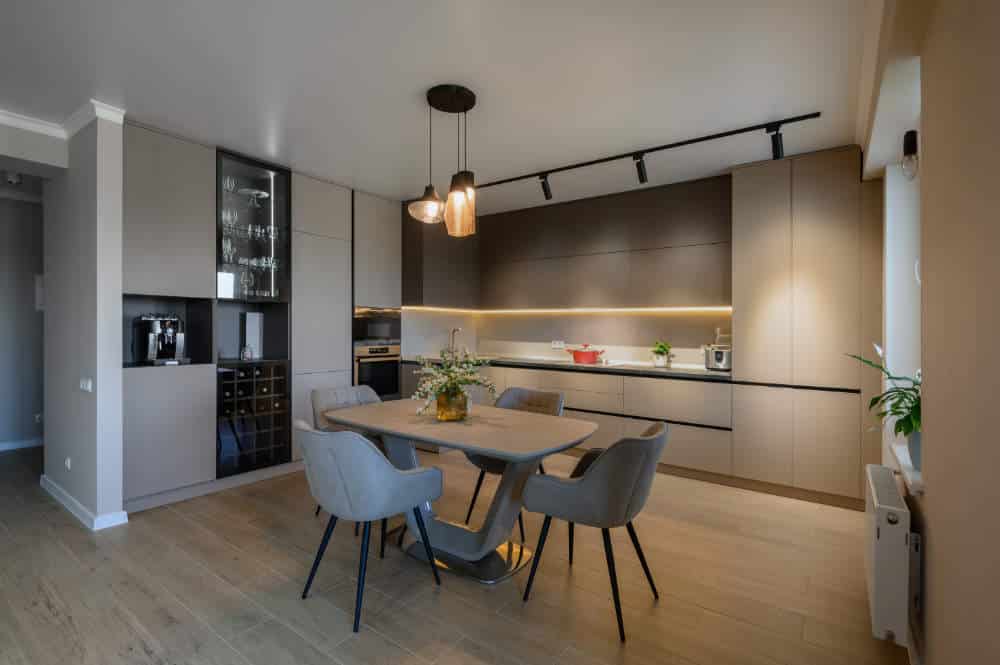


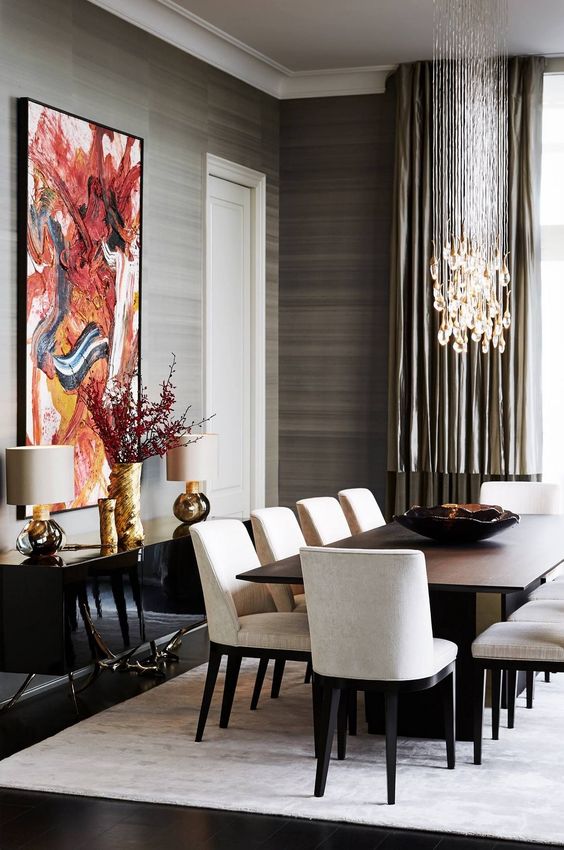
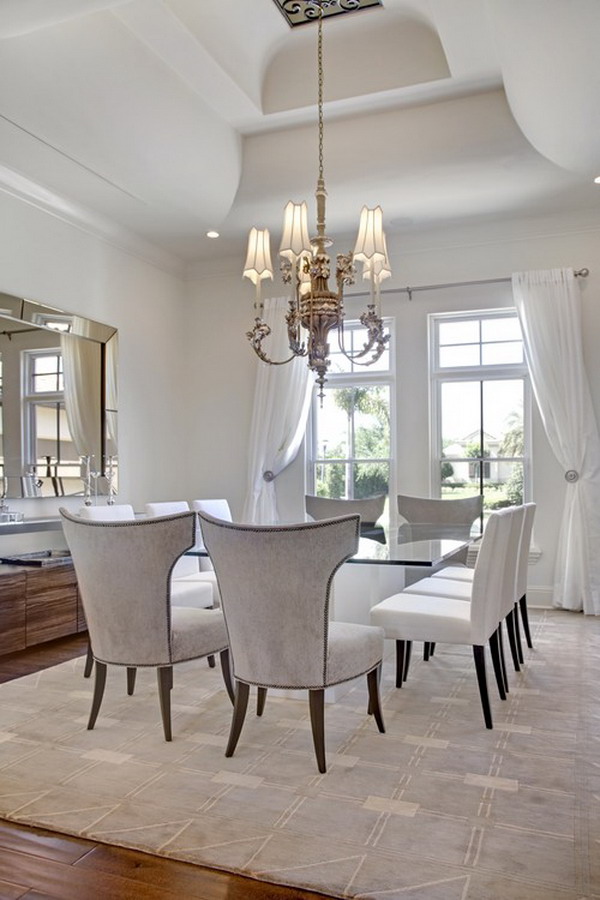
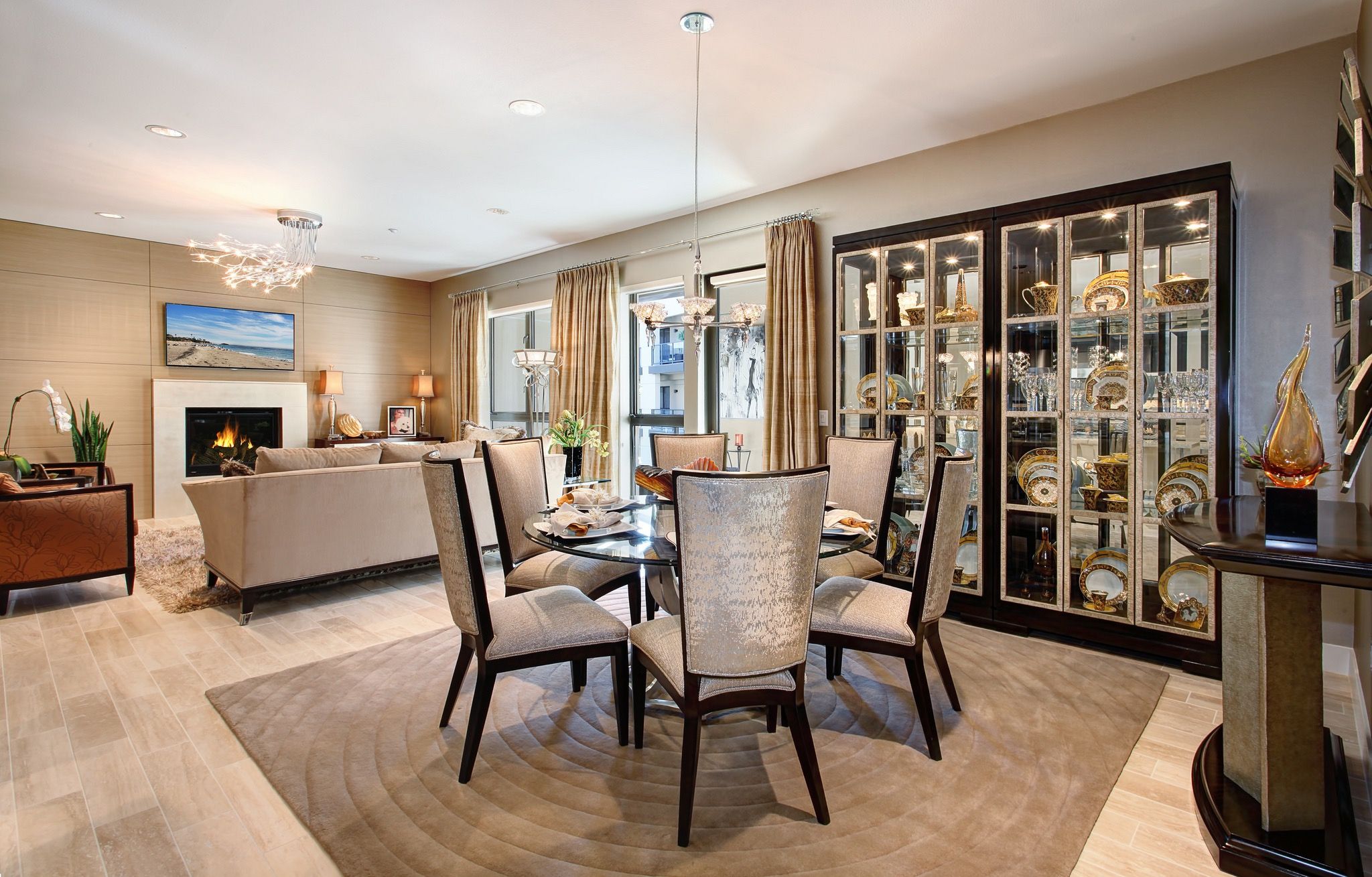
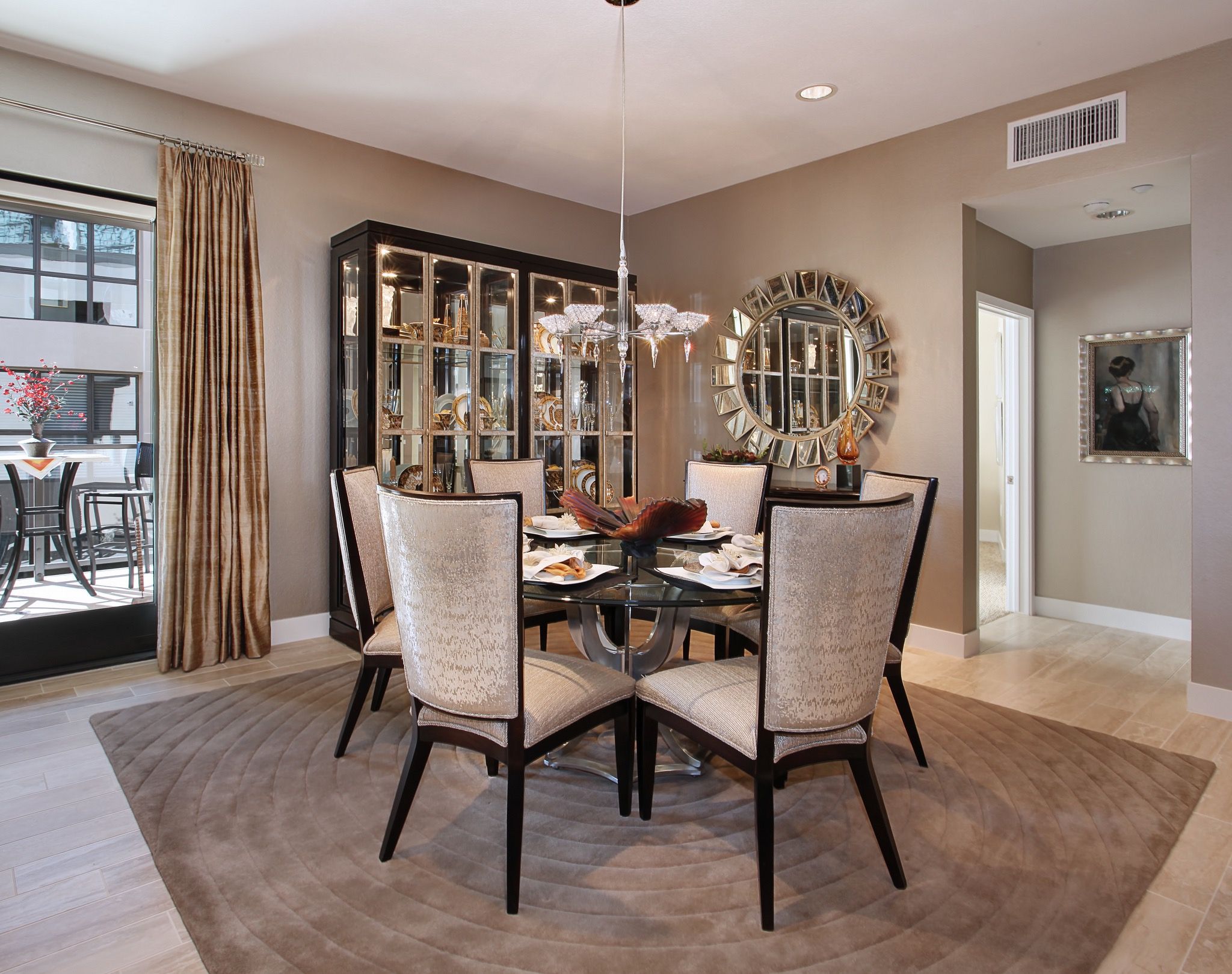
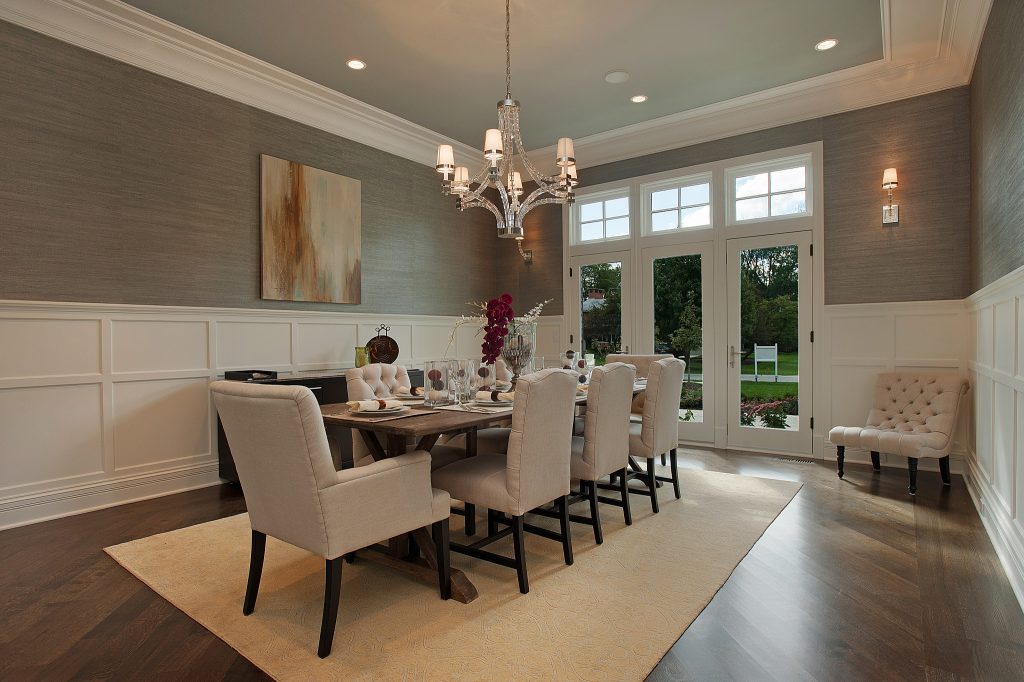

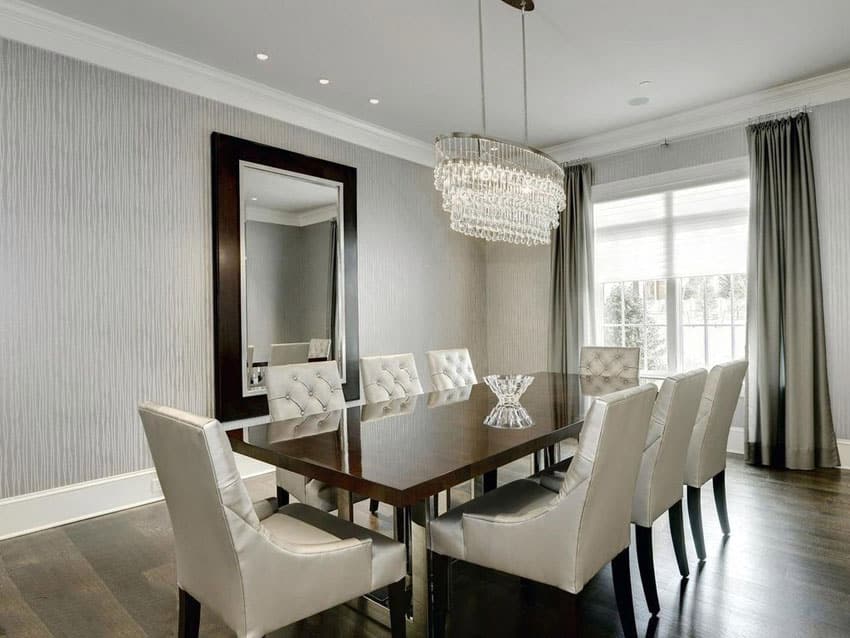
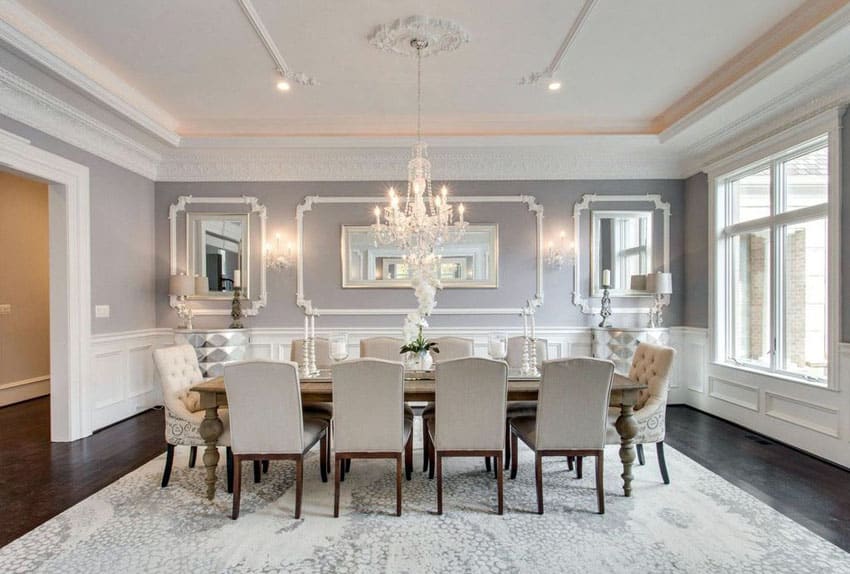

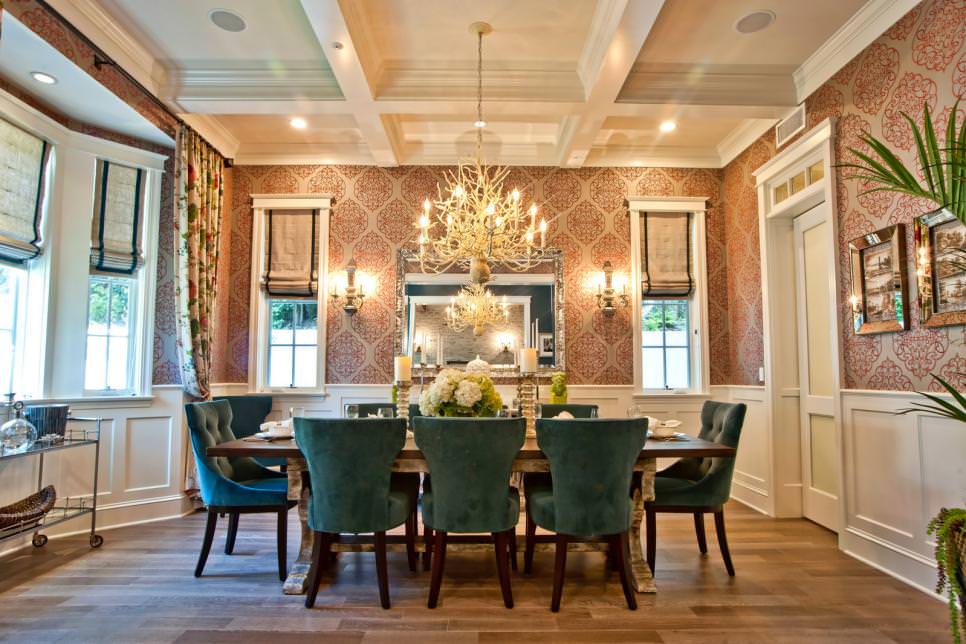




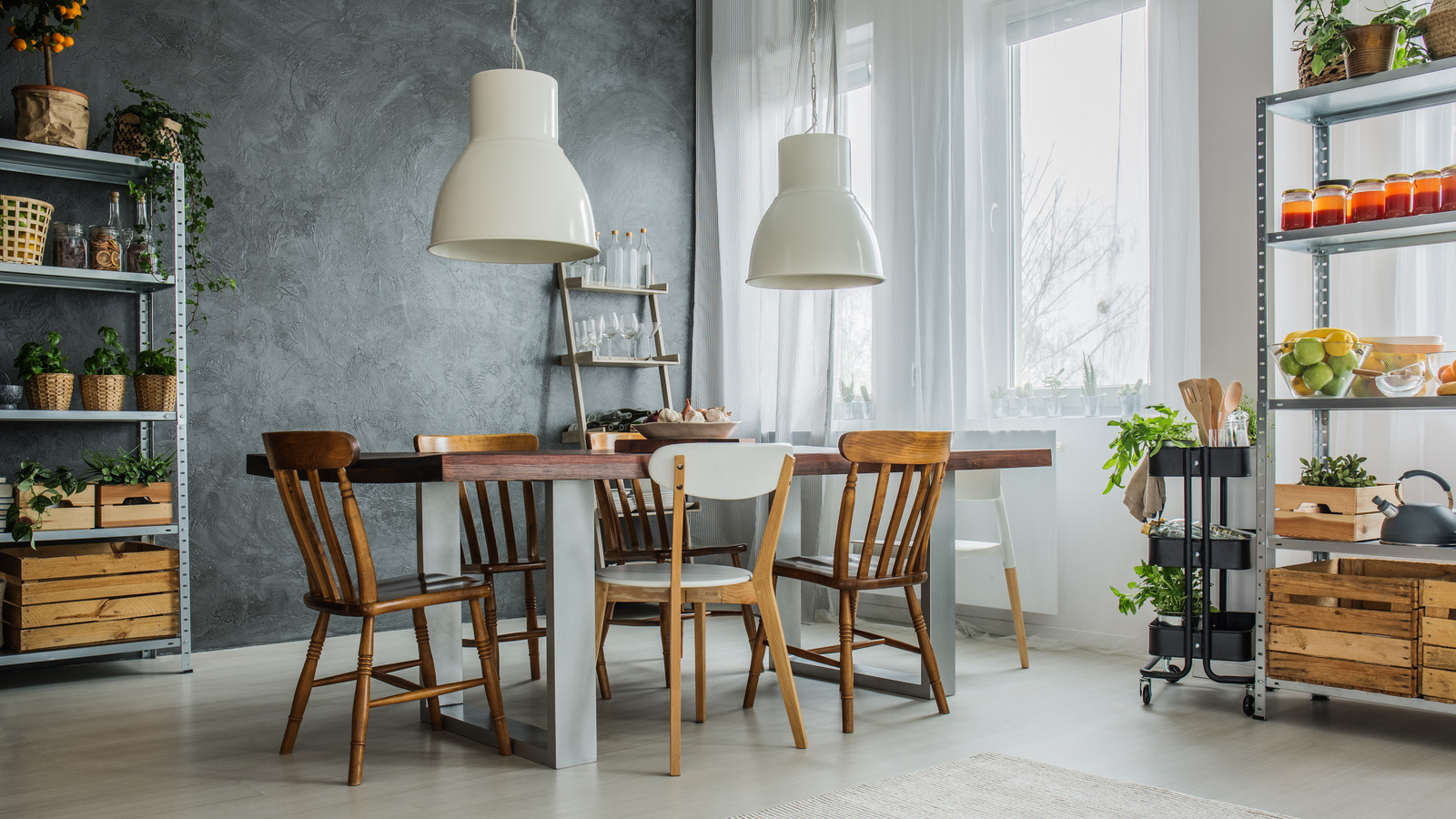







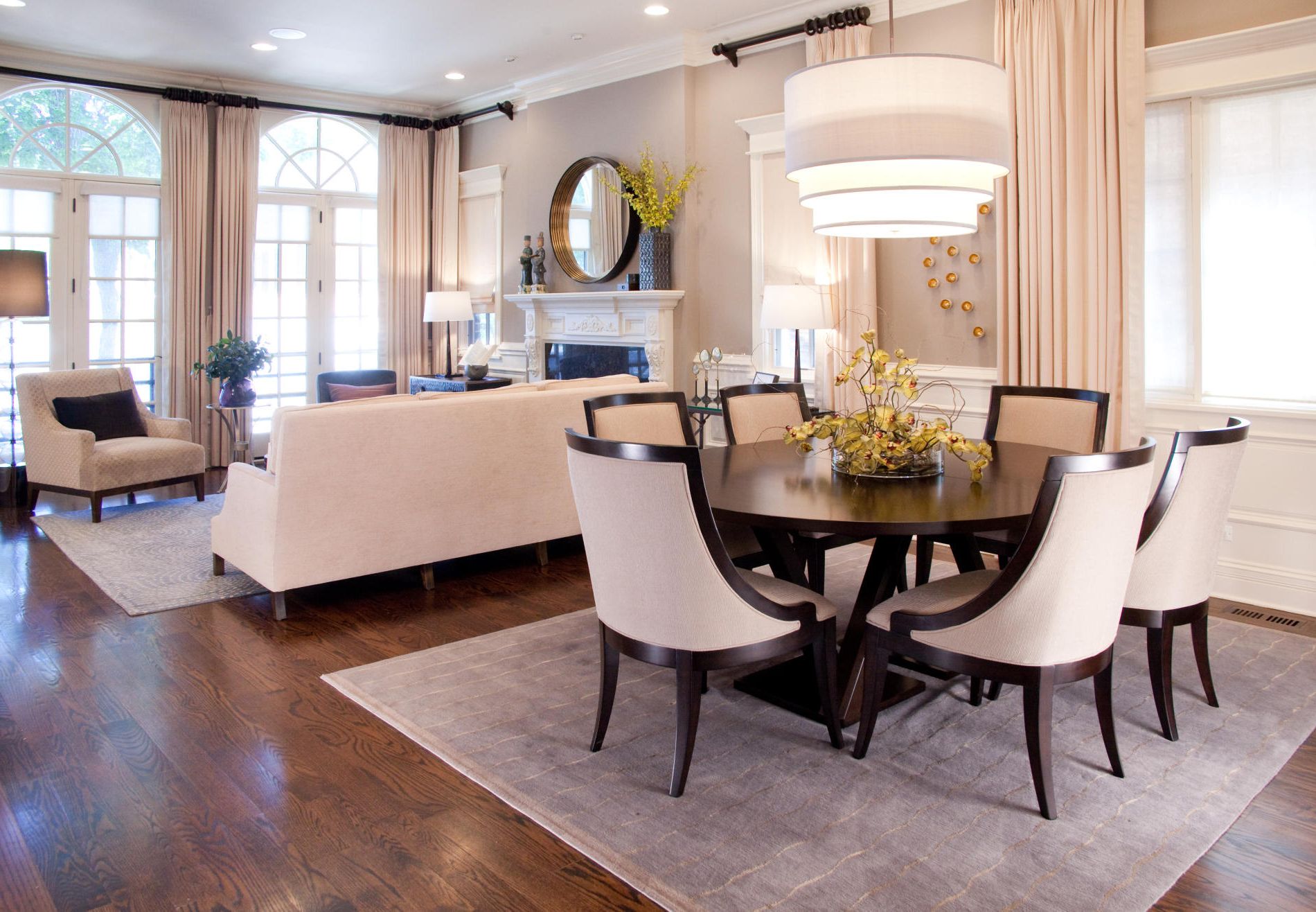
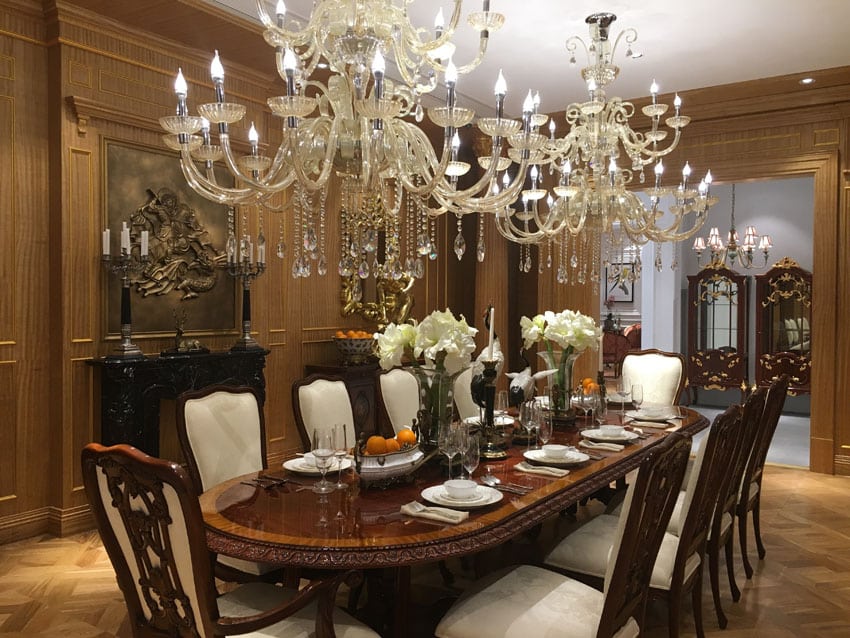









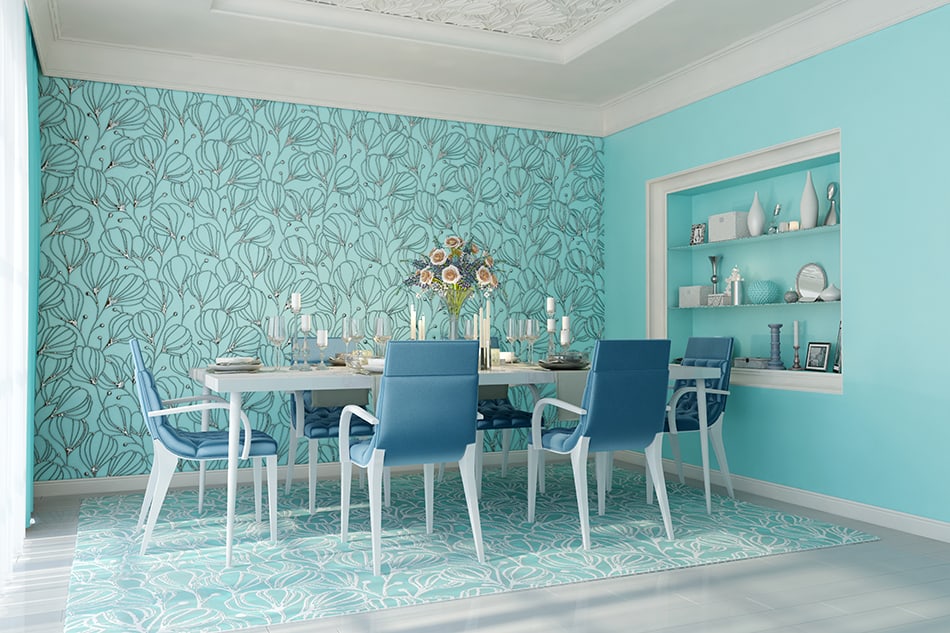








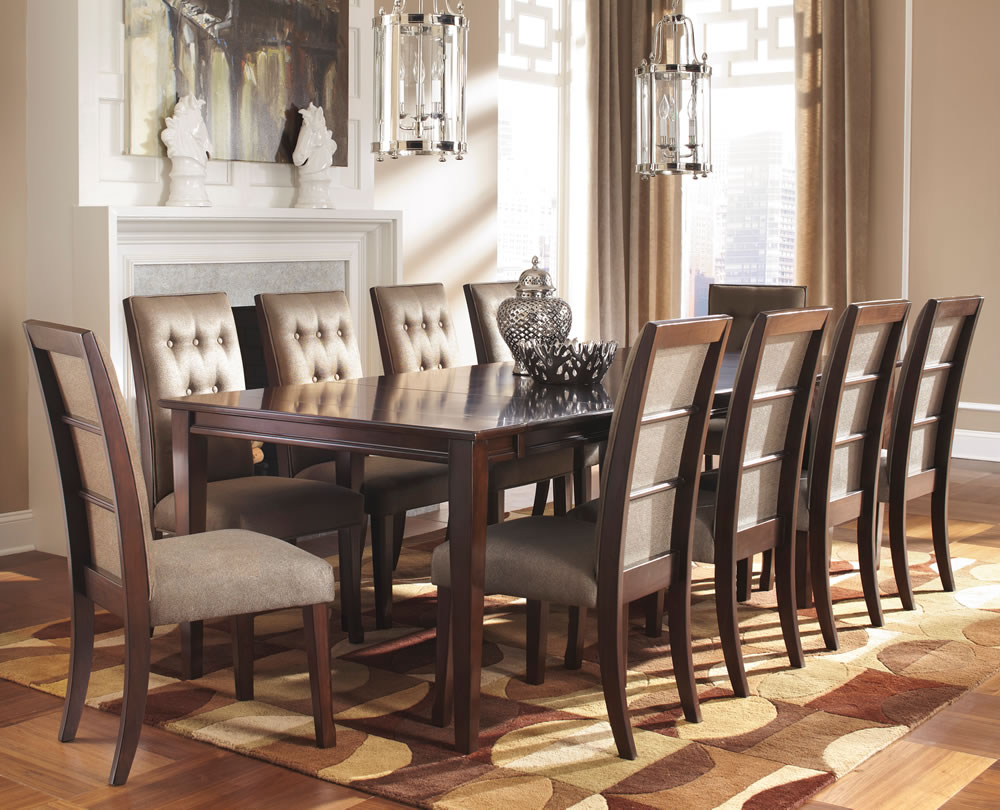
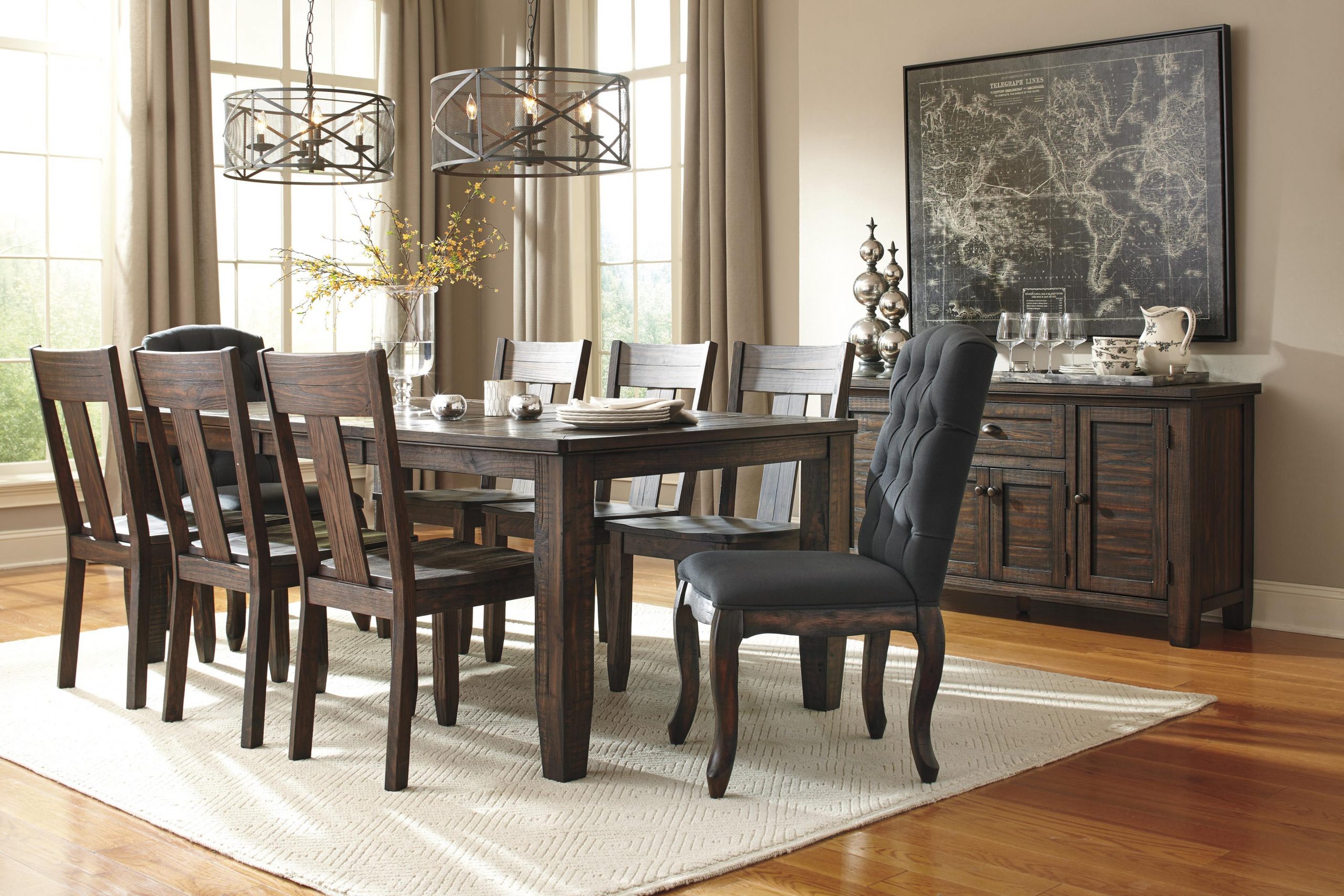
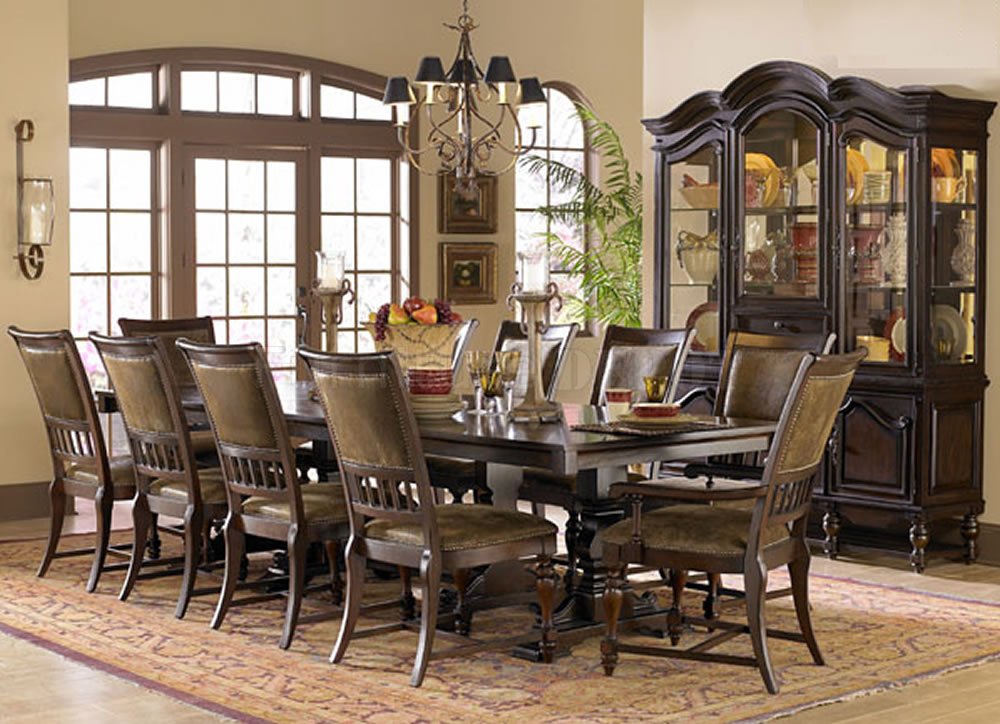

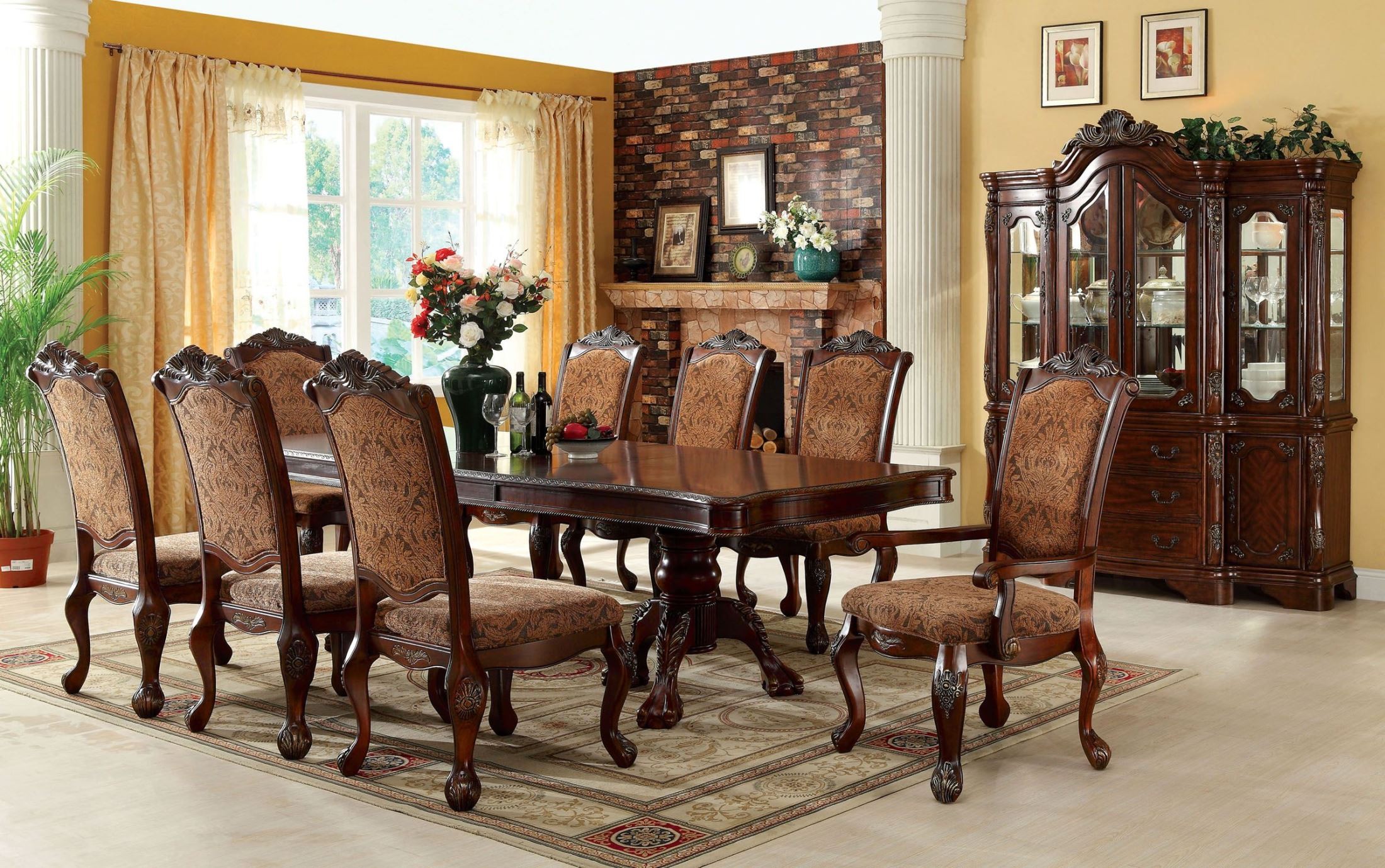
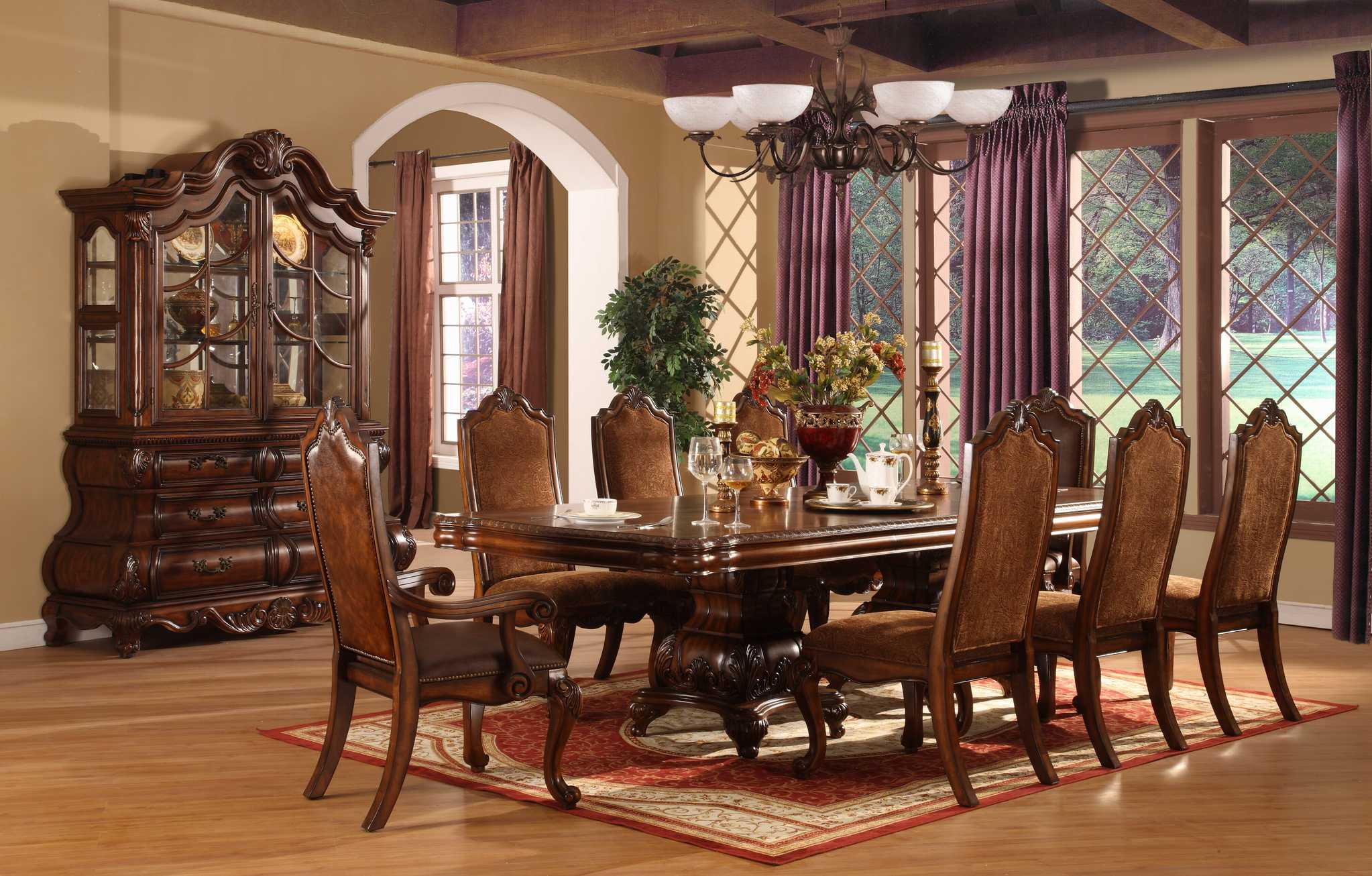
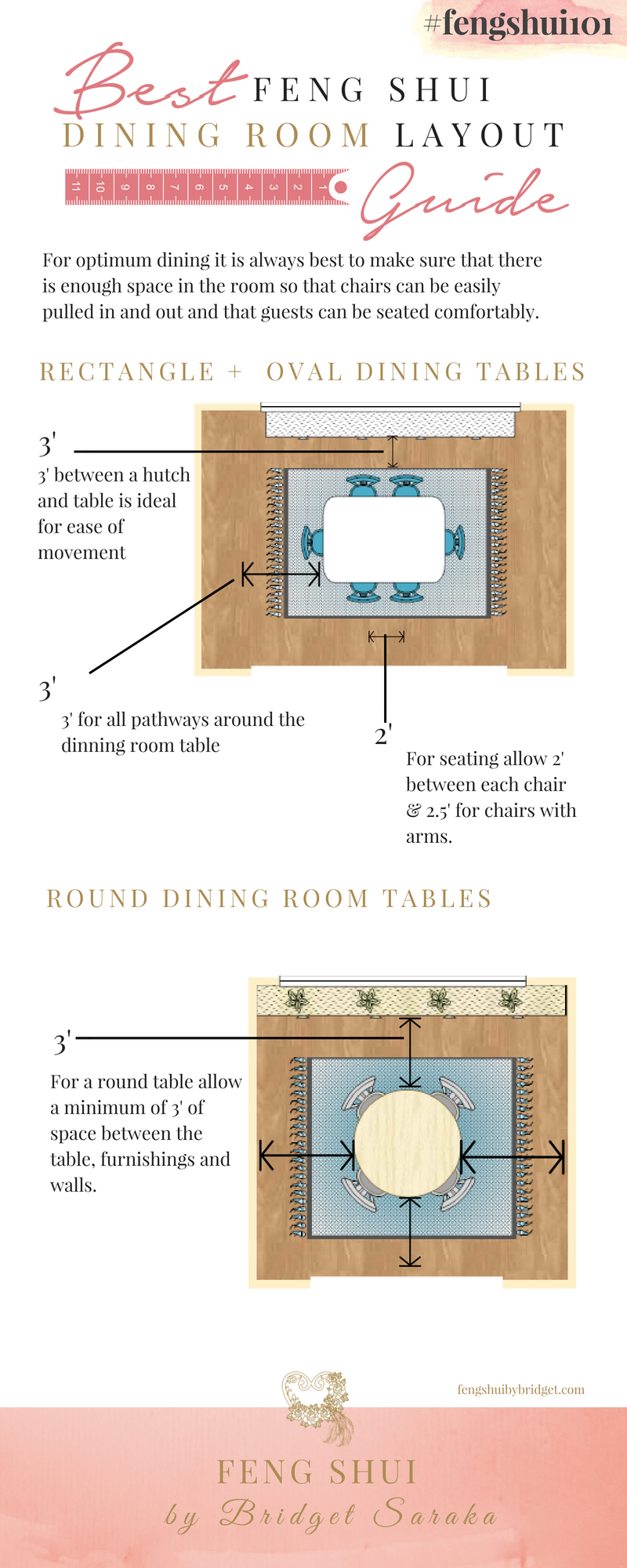


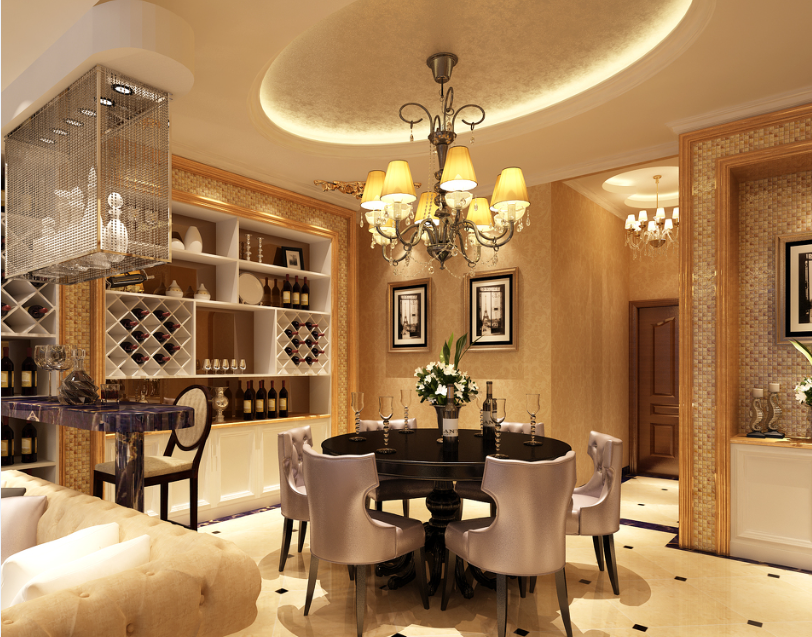

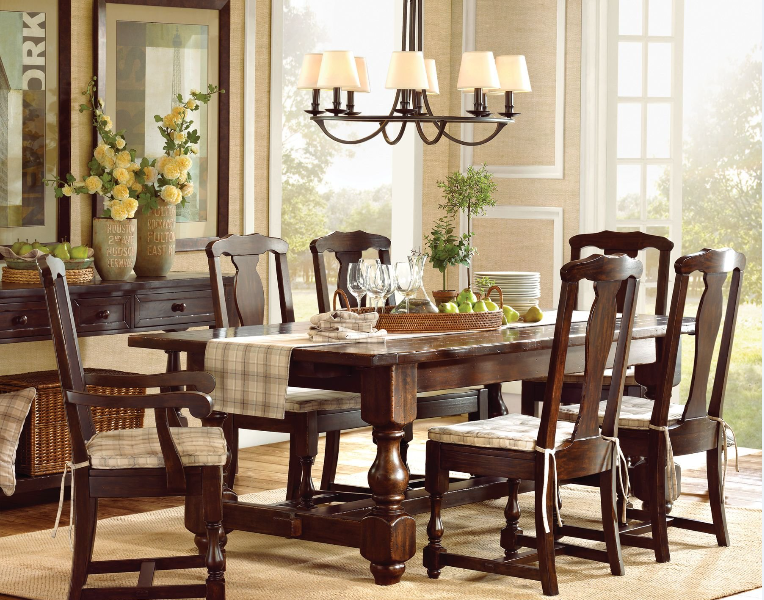






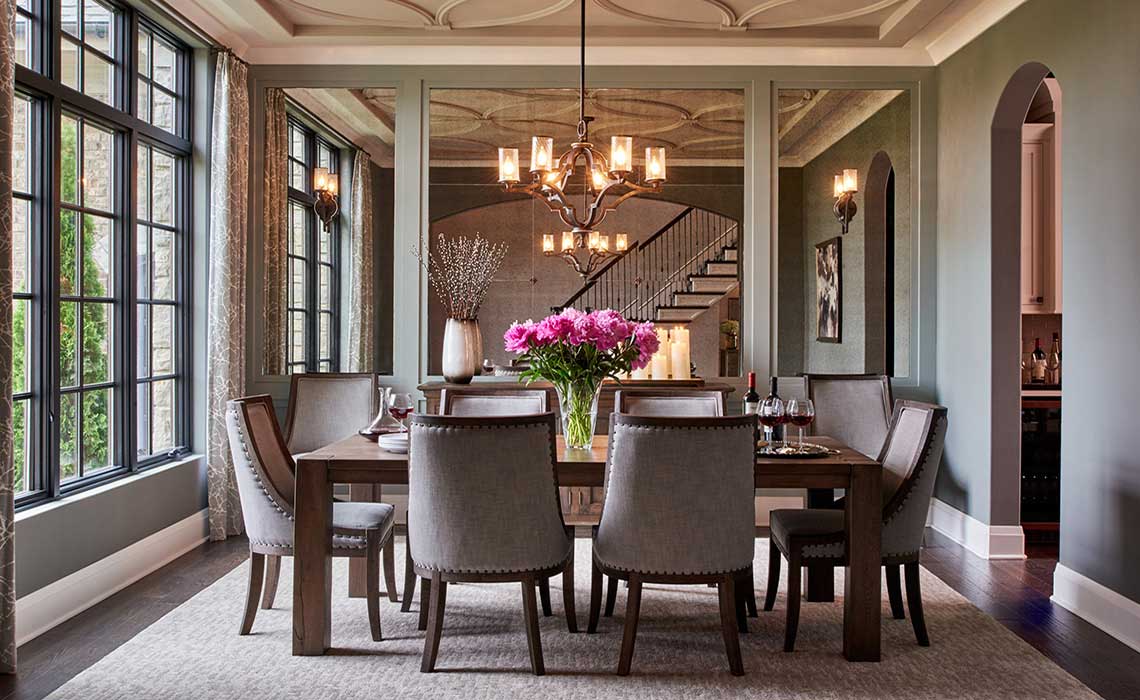





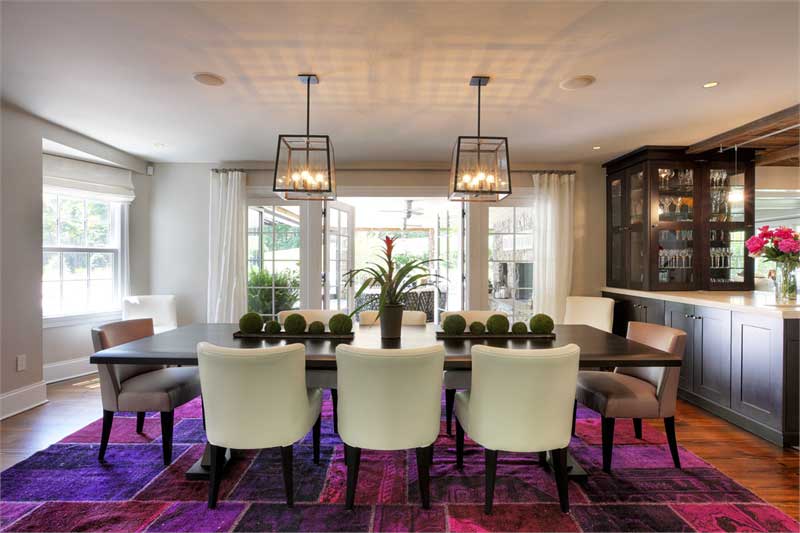
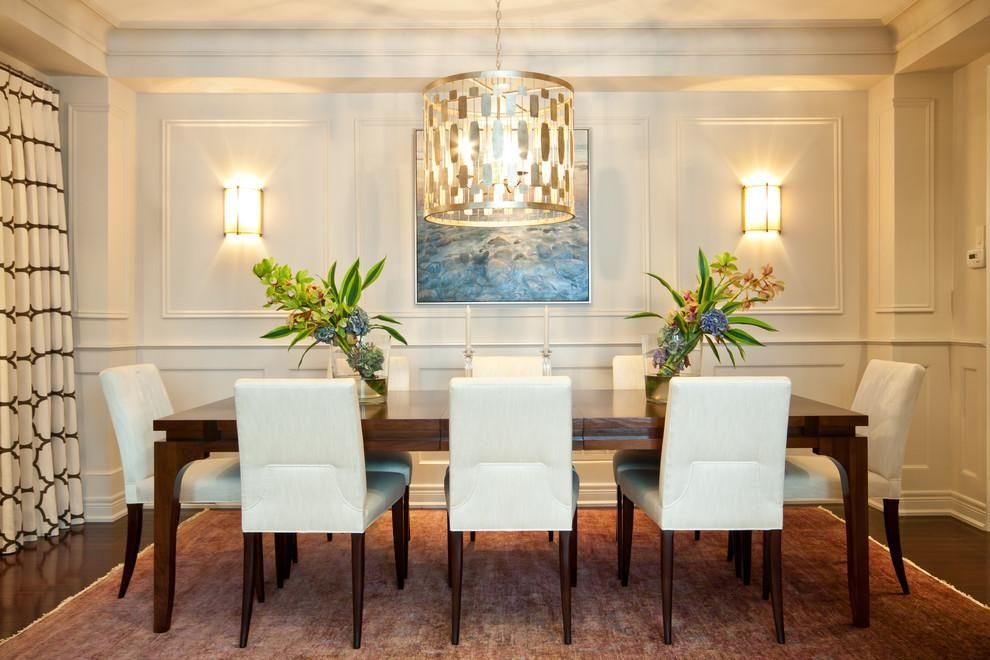



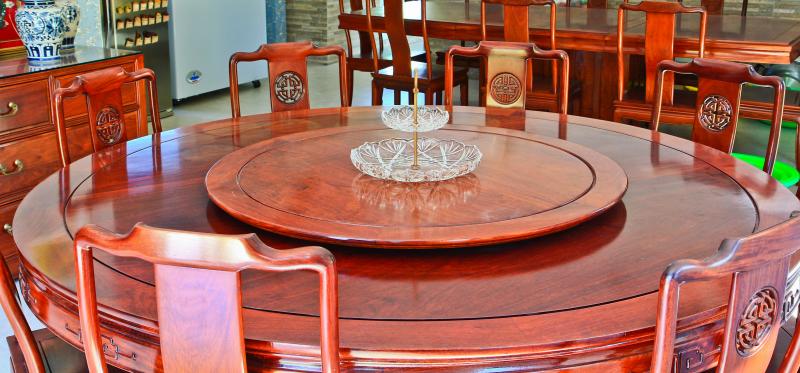
/Diningroomtable-GettyImages-530054865-59837e530d327a0011e392b8.jpg)
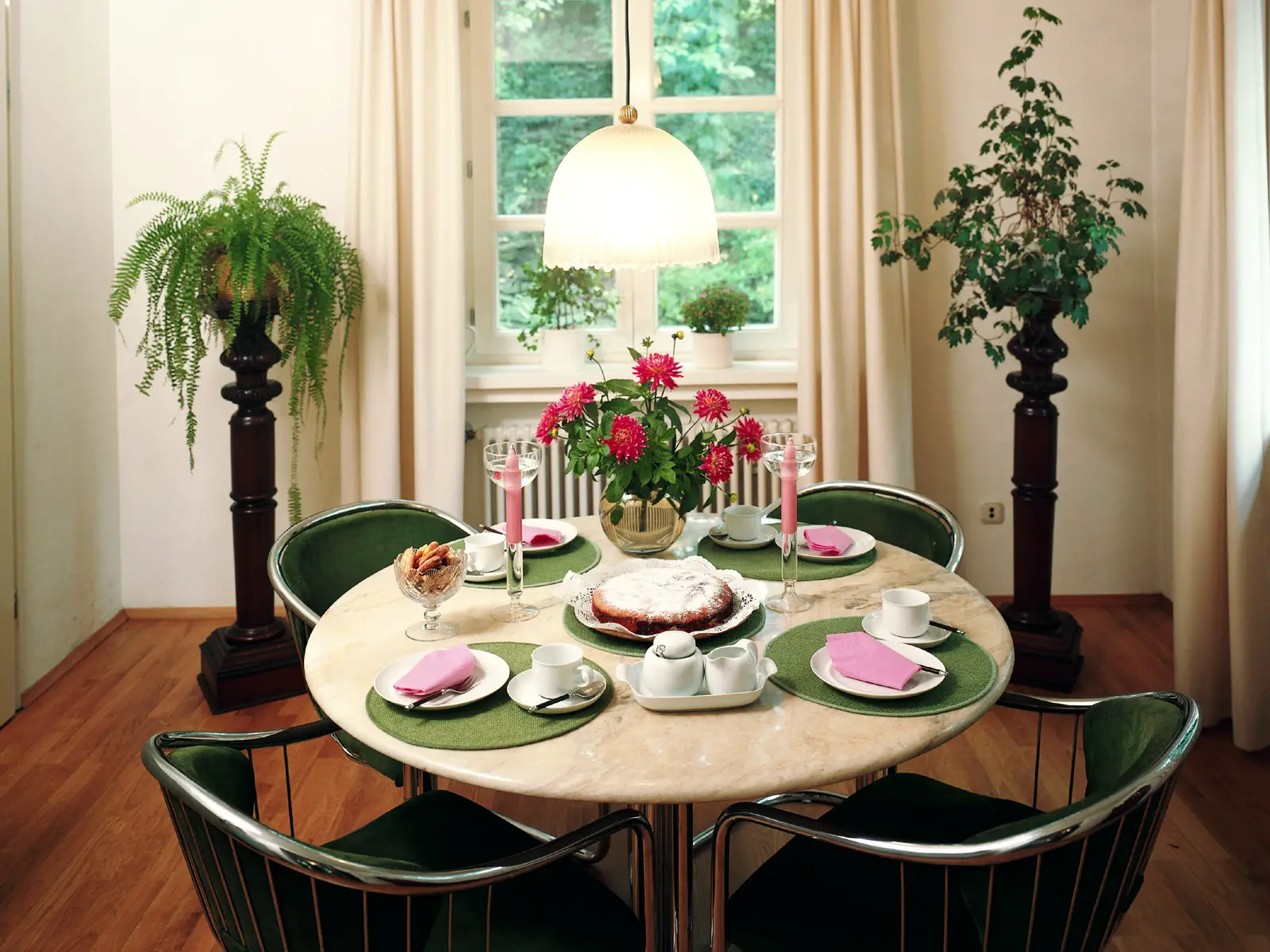






/table-manners-and-dining-etiquette-1216971_hero_3329-8f2c67ff8b1740f8a4345f5dd38d08d5.jpg)
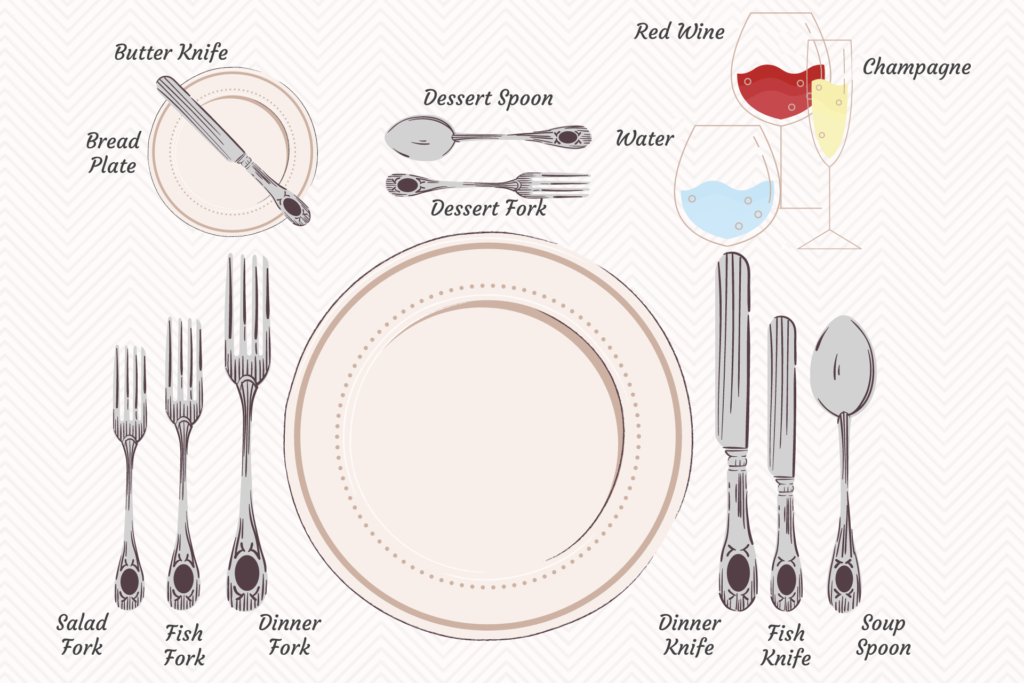

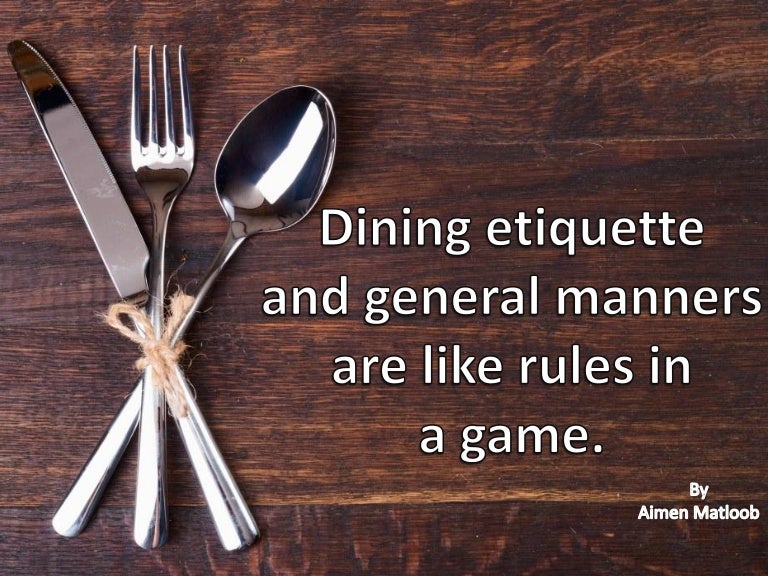



:extract_focal()/https://pocket-syndicated-images.s3.amazonaws.com/articles/5304/1596722483_at_housetours_2019-06_VivY-RhiannonSouthwell_AT_rhiannon_vivyapp-12.jpg)


